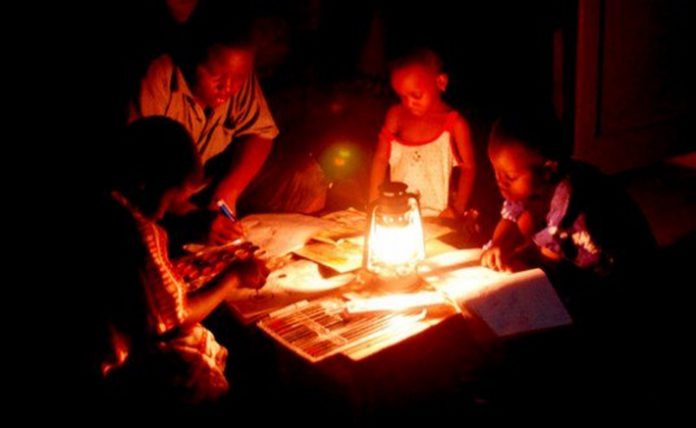The Executive Director for the African Centre for Energy Policy (ACEP), Benjamin Boakye has advised the government to carry out an internal assessment of the Energy sector crisis so they can deal with it.
According to him, the government’s continuous denial of the financial challenges in the power sector makes it impossible to address the situation.
Speaking on the Super Morning Show on Joy FM, he said “We need to define what the problem is and deal with it. We can’t keep referencing our situation today with the past ‘dumsor’ which everybody knows was a period in our history. What is the crisis today? The crisis we have today is finance which is impacting our economy in general and also the budget of the country,” he said.
He explained that although the government might argue that they have been able to keep the lights on without frequent load shedding, this action was at a higher cost to the economy.
“If you have to take $2 billion-plus from State resources only to keep the light on, it is a major crisis that we must address. ISSER estimated that ‘dumsor’ over its period cost Ghana about $2 billion and you have a power system today that is draining more than that every single year from our budget, which is a bigger crisis for us to deal with. So that we are not telling people that the light is on without telling them at what cost,” he said, adding that “when in fact it is about selling power, recovering the money and paying the value chain. Why are we failing to deliver this to the extent that we have to sacrifice that school, the hospitals, the roads, to be able to pay for electricity bills? That’s what we are doing.”
To address the power sector crisis, he advised the government to comprehensively address the financial, managerial, and technical issues.
Early on Monday, Minister for Energy, Dr. Mathew Opoku Prempeh raised concerns about the shortage of gas for production and its imminent impact on electricity supply.
According to him, the issue is a result of excessive dependence on gas plants, which differs from the past reliance on liquid fuel to support energy generation.
Dr. Prempeh explained that the country is currently grappling with a double predicament, where a complete shift towards a gas-based system has left the power infrastructure vulnerable, and that any interruption in the gas supply will lead to a shutdown of all power-generating systems, resulting in a complete blackout across the country.

